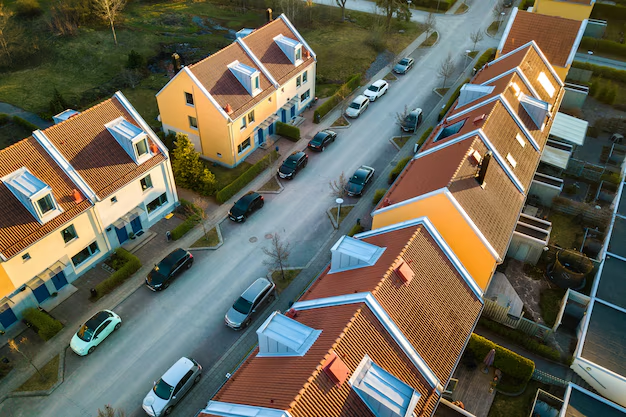Exploring Miami Dade's Public Housing Initiatives and Financial Assistance Opportunities
Searching for affordable housing in Miami-Dade County can feel overwhelming, especially with increasing demand and limited resources. Fortunately, the Miami Dade County Public Housing Authority (MDPHA) plays a crucial role in aiding low-income communities by providing various housing solutions. Their mission is to promote adequate and affordable housing, economic opportunity, and a suitable living environment without discrimination.
What the Miami Dade County Public Housing Authority Offers
The MDPHA manages several programs tailored to meet diverse housing needs. These include:
Public Housing Program: This initiative provides rental housing and assistance to eligible low-income families, the elderly, and people with disabilities. Through a network of public housing units, families find stable, managed environments equipped with essential services.
Section 8 Housing Choice Voucher Program: This popular program helps low-income families pay rent in privately owned homes. Families receive a voucher that pays a portion of rent costs, giving them flexibility in choosing where they live.
Rental Assistance Demonstration (RAD) Program: Aimed at preserving affordable housing, RAD allows public housing units to be converted into Section 8 properties, thus ensuring long-term affordability and maintenance with modern facilities.
Accessing these programs typically involves completing an application process, eligibility verification, and selection based on availability and need.
Why Seek Financial Assistance?
Securing safe housing is just part of the journey toward financial stability for many individuals and families. Housing costs, when combined with other living expenses, can place a heavy financial burden. Here's where additional government aid and financial programs come into play:
Supplemental Security Income (SSI): SSI provides monetary benefits to eligible seniors and disabled citizens, helping them meet their basic needs for food, clothing, and shelter.
Temporary Assistance for Needy Families (TANF): This program offers temporary financial help to cover essential family needs, including housing costs, while participants seek employment.
Low Income Home Energy Assistance Program (LIHEAP): By assisting with energy costs, LIHEAP can indirectly alleviate some of the financial pressures related to housing expenses.
Exploring Broader Financial Solutions
While public housing initiatives offer crucial support, achieving long-term financial health often requires exploring additional financial tools and resources:
Debt Relief Options: Debt can be a significant barrier to achieving financial stability. Options for managing or reducing debt include credit counseling, debt consolidation, or negotiating with creditors for lower payments.
Credit Card Solutions: Responsible credit card use can improve credit scores, offering better financial opportunities. Consider cards with low-interest rates, rewards for essential purchases, or secured cards for building credit.
Educational Grants and Scholarships: Education can be a game-changer in improving earning potential. Numerous grants and scholarships are available for those seeking higher education or skills training, which can significantly reduce the financial burden of tuition and fees.
Navigating these resources can empower individuals and families to achieve greater financial mobility and security. Empowerment comes from knowing and using the available tools to craft more sustainable and aspirational life pathways.
Financial Assistance & Resources Summary
- 🏠 Public Housing Program: Safe, affordable housing in managed communities
- 🏠 Section 8 Vouchers: Flexible housing choices with rent assistance
- 💡 LIHEAP: Energy cost assistance to lower overall housing costs
- 💳 Debt Relief & Credit Solutions: Manage and improve financial health
- 🎓 Educational Grants: Unlock higher education opportunities
Understanding and accessing these programs is key to creating a more stable and prosperous future. Whether through secure housing, debt management, or educational advancements, the pathways to improvement are numerous and accessible for those willing to explore them.

